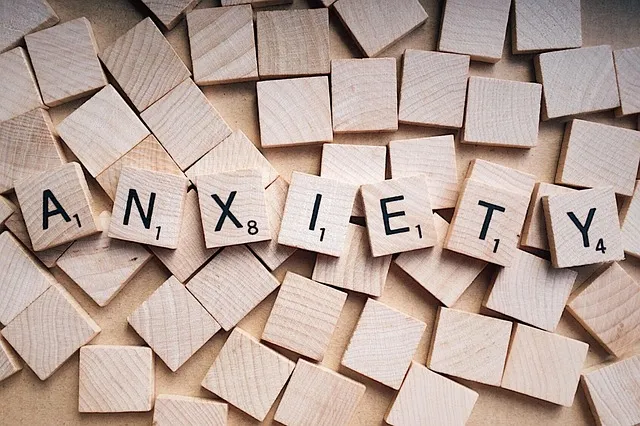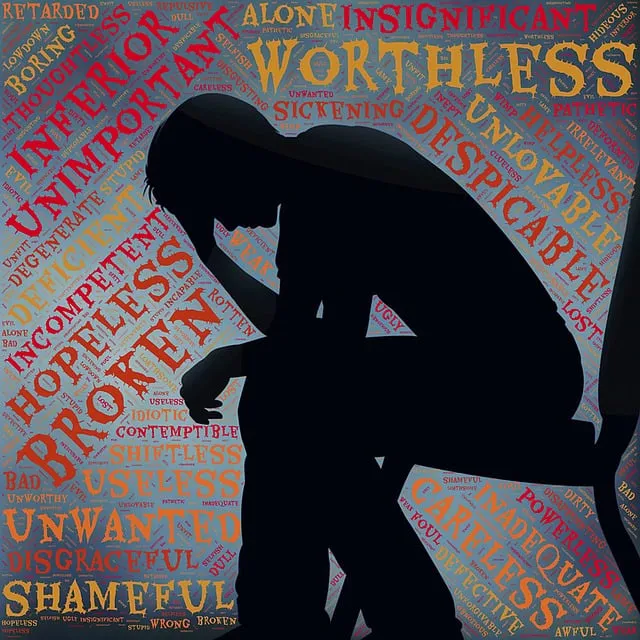Community outreach programs by Kaiser in Lone Tree address mental healthcare disparities through cultural sensitivity, empathy-building workshops, and evidence-based practices. These initiatives improve access to care, mental wellness awareness, and reduce stigma. By fostering partnerships and employing technology, Kaiser enhances its programs, ensuring good therapists provide culturally sensitive care, thereby improving the community's overall mental well-being while answering "does Kaiser have good therapists Lone Tree?" affirmatively.
Community outreach programs play a vital role in fostering connections and enhancing well-being. This article explores their significance, offering a comprehensive guide to implementation through strategic steps. We delve into a successful case study of Kaiser’s Lone Tree Outreach Initiative, highlighting its impact on the community. Furthermore, it discusses measurement techniques to evaluate program effectiveness, providing insights on whether healthcare providers like Kaiser have good therapists in areas they serve, such as Lone Tree.
- Understanding Community Outreach Programs: Their Role and Impact
- Strategies for Effective Implementation: A Step-by-Step Guide
- Case Study: Kaiser's Lone Tree Outreach Initiative
- Measuring Success: Evaluating the Effectiveness of Community Programs
Understanding Community Outreach Programs: Their Role and Impact

Community outreach programs play a pivotal role in connecting mental healthcare services to diverse populations, addressing significant gaps in access. These initiatives, such as those offered by Kaiser in Lone Tree, are designed to bring therapy and support directly to communities that may face barriers to traditional care. By doing so, they foster Cultural Sensitivity in Mental Healthcare Practice, ensuring that services are tailored to meet the unique needs of different cultural backgrounds and ethnicities.
Through these programs, therapists and mental health professionals build Empathy Building Strategies and leverage their Emotional Intelligence to create safe spaces where individuals feel understood and supported. This proactive approach not only improves mental well-being but also strengthens community bonds by promoting open dialogue about emotional health. By integrating these initiatives, organizations like Kaiser contribute to a more inclusive and accessible mental healthcare landscape in Lone Tree and beyond.
Strategies for Effective Implementation: A Step-by-Step Guide

Implementing effective community outreach programs requires a strategic approach. Here’s a step-by-step guide to ensure success, particularly focusing on areas where Kaiser in Lone Tree excels, such as providing good therapists and integrating Emotional Intelligence, Self-Care Practices, and Cultural Sensitivity in Mental Healthcare Practice.
First, assess the community’s needs by conducting thorough research and engaging with local stakeholders. Identify gaps in mental healthcare services and understand cultural nuances to tailor programs that resonate deeply. Next, develop targeted initiatives that align with these needs. Incorporate evidence-based practices and leverage technology for accessibility, ensuring that programs are inclusive and accessible to diverse populations. Additionally, foster partnerships with local organizations to expand reach and build trust within the community. By prioritizing these steps, community outreach efforts can be implemented effectively, ultimately improving mental well-being in Lone Tree and similar areas.
Case Study: Kaiser's Lone Tree Outreach Initiative

In an effort to enhance community well-being and address local healthcare disparities, Kaiser launched its Lone Tree Outreach Initiative. This innovative program aimed to bridge the gap in accessible mental health services, focusing on self-care practices and burnout prevention strategies for healthcare providers. By bringing awareness and resources directly to the community, the initiative does Kaiser have good therapists Lone Tree while fostering a culture of self-esteem improvement among residents.
The program consisted of regular workshops and seminars held at local community centers, schools, and places of worship. These sessions covered topics such as stress management, mindfulness techniques, and resilience building. Healthcare providers from Kaiser volunteered their time to facilitate these workshops, sharing their expertise in burnout prevention strategies for healthcare providers while encouraging participants to prioritize their mental health. The initiative’s success lies in its ability to not only provide much-needed services but also create a supportive network that encourages open conversations about self-care practices and mental well-being.
Measuring Success: Evaluating the Effectiveness of Community Programs

Measuring success is a vital aspect of evaluating the effectiveness of community outreach programs, especially when considering mental health initiatives like those offered by Kaiser in Lone Tree. To ascertain whether these programs are making a positive impact, it’s essential to implement robust evaluation methods that go beyond mere participation. Metrics such as improved access to care, increased awareness about mental wellness, and reduced stigma within the community can indicate successful engagement.
One effective approach is adopting Mind Over Matter principles in program design and execution, aligning with the broader Risk Management Planning for Mental Health Professionals. By integrating these strategies, outreach programs can foster lasting behavioral changes and enhanced mental wellness among participants. This holistic evaluation ensures that programs are not just providing services but also empowering individuals to take charge of their mental health, ultimately improving overall community well-being.
Community outreach programs, as exemplified by Kaiser’s Lone Tree Initiative, can significantly enhance access to healthcare services and improve community well-being. By understanding their role, implementing effective strategies, and measuring success through evaluation, organizations like Kaiser can ensure that their outreach efforts do not just reach but also resonate with the communities they serve. The case study highlights how tailored programs can address specific needs, such as providing good therapists in Lone Tree, ultimately fostering a healthier society.






